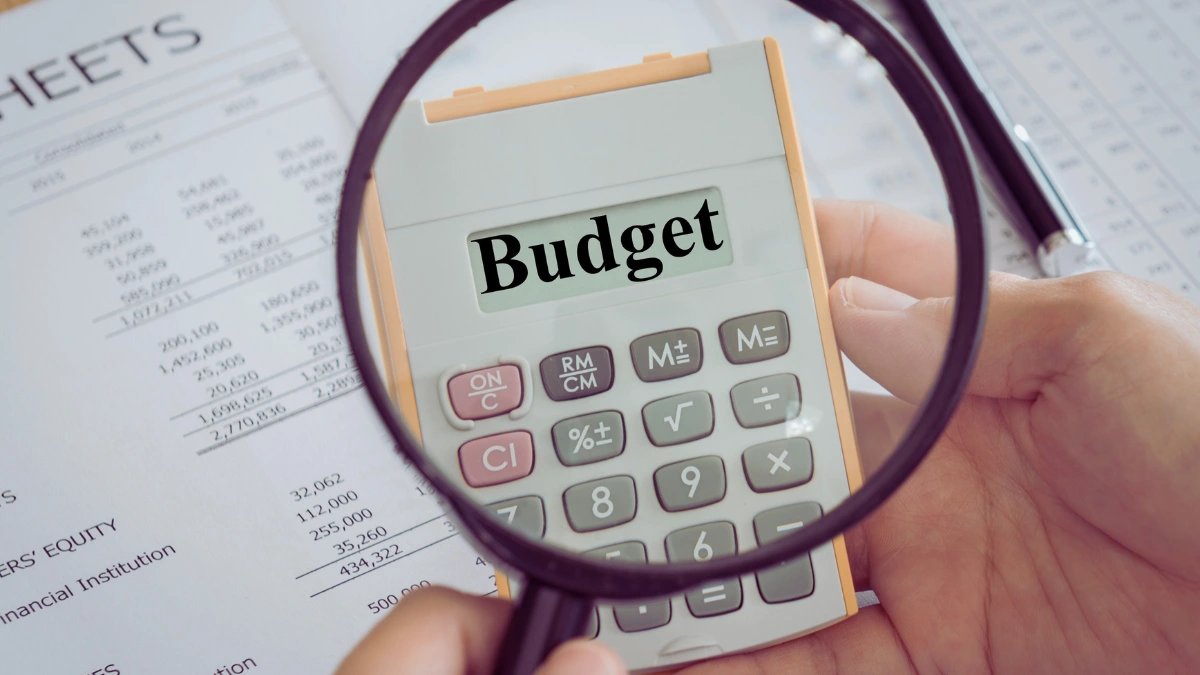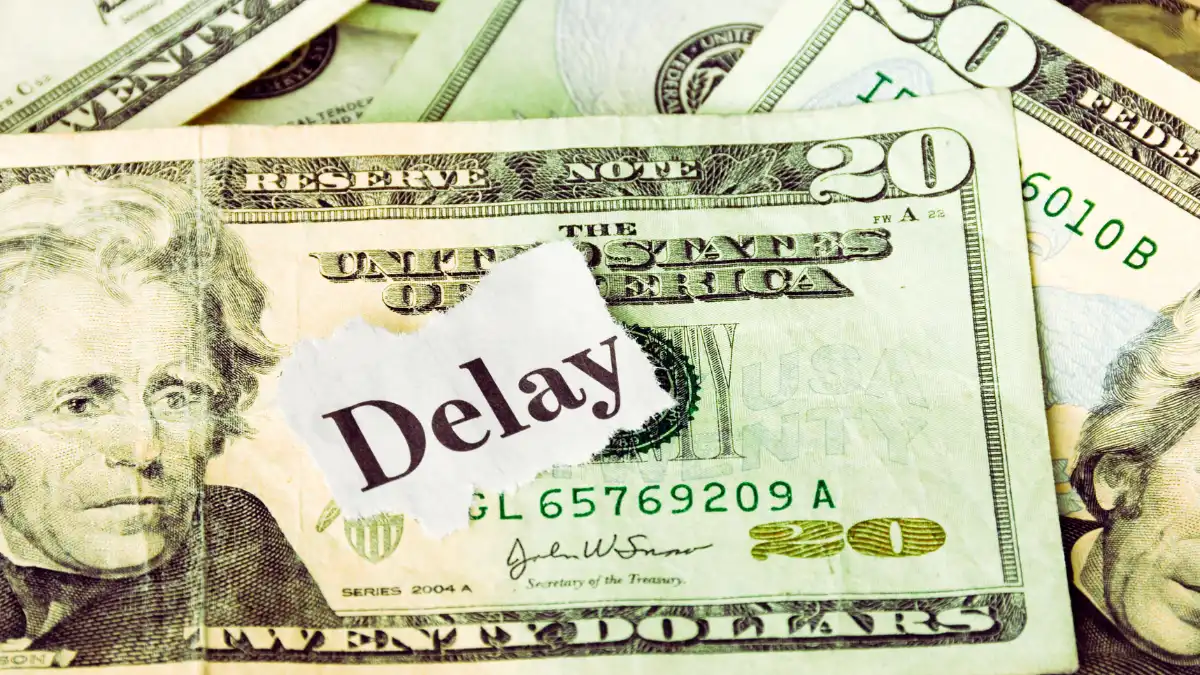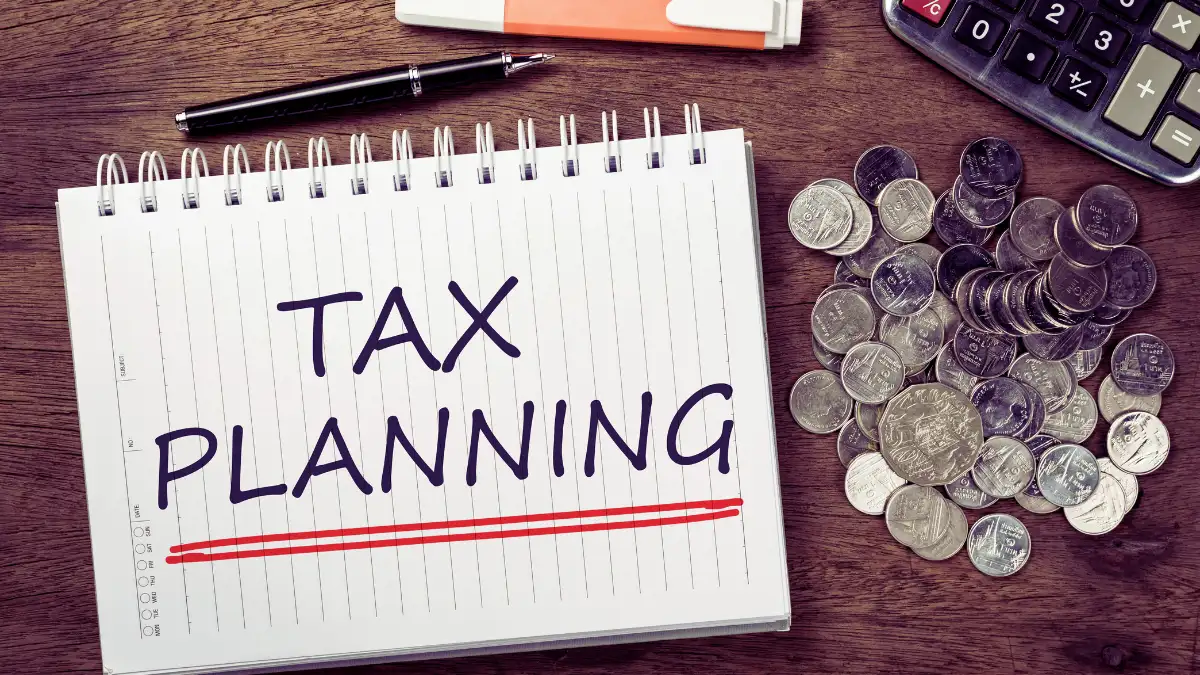I thought I was smart with money in my 30s. I had a decent salary, paid my bills on time, and even managed to save a little each month.
However, I was making costly mistakes that would cost me half a million dollars over the next two decades.
The worst part? These weren’t complex financial blunders that required expert knowledge to avoid.
They were simple, everyday decisions that seemed harmless at the time. Small choices that compound into massive wealth destruction.
Here are the nine mistakes that cost me dearly, plus exactly how you can avoid repeating them in your own financial life.
1. Living Beyond Your Means

Your income sets the boundaries, but lifestyle inflation can push you past them fast. Small upgrades feel harmless at first.
A nicer apartment here, frequent takeout there, and suddenly your expenses exceed what you earn. This creates a dangerous cycle where credit cards fill the gaps.
The real damage happens over time. Each month you overspend, the debt grows larger. Interest compounds against you instead of working for you.
What started as minor overspending becomes a financial prison that takes years to escape.
Breaking this pattern requires an honest assessment of your spending habits. Track every dollar for a month to see where money goes.
Cut expenses that don’t add real value to your life. Build the discipline to live below your means, not at the edge of them.
2. Not Following a Budget

Money disappears without a plan. You think you’re spending reasonably, but small purchases add up quickly.
Coffee shops, subscription services, and impulse buys drain your account faster than you realize. Without tracking, you can’t see the leaks in your financial ship.
Budgeting isn’t about restricting yourself from everything you enjoy. It’s about making conscious choices with your money.
When you allocate funds for specific purposes, you avoid the stress of wondering if you can afford something. You know exactly what’s available for discretionary spending.
Start simple with the 50/30/20 rule: 50% for needs, 30% for wants, 20% for savings and debt repayment. Adjust these percentages based on your situation.
Use apps or spreadsheets to track spending against your budget. Review monthly and make adjustments as needed.
3. Delaying Investments and Relying Only on Savings

Savings accounts feel safe, but they lose value to inflation every year. Your money sits there earning maybe 1% while prices rise 3% annually.
Over time, you’re getting poorer despite having more dollars in the bank. This false sense of security costs you real wealth.
Compound growth transforms small investments into substantial wealth over decades. A $300 monthly investment earning 7% becomes over $800,000 in 30 years.
Wait 10 years to start, and you’ll have less than $400,000. Time is your greatest asset when building wealth through investments.
Start investing even if you can only afford $50 per month. Choose low-cost index funds that track the overall market.
Automate your investments so you don’t have to think about it. Increase contributions whenever you get a raise or bonus.
4. Ignoring Insurance Needs

Medical bills can destroy decades of careful saving in a single emergency. A heart attack, cancer diagnosis, or serious accident creates costs that reach six figures quickly.
Without proper insurance, you’ll either go bankrupt or spend years paying off medical debt instead of building wealth.
Young, healthy people often skip insurance to save money on premiums. This gamble works until it doesn’t.
Life insurance becomes more expensive as you age, and health conditions can make you uninsurable. The time to get coverage is when you don’t need it, not when you do.
Evaluate your insurance needs annually. Health insurance is non-negotiable if you’re employed or self-employed.
Life insurance protects your family if something happens to you. Disability insurance replaces income if you can’t work. These premiums are investments in financial security.
5. Accumulating High-Interest Debt (Especially Credit Cards)

Credit cards offer convenience but charge devastating interest rates. Miss a payment or carry a balance, and you’re paying 20-30% annually on that debt.
This high interest rate makes it nearly impossible to get ahead financially. Your money goes to banks instead of building your wealth.
Small balances grow into massive problems through compound interest working against you.
A $5,000 credit card balance at 22% interest takes over 30 years to pay off with minimum payments. You’ll pay more than $15,000 total for that original $5,000 purchase.
Pay off high-interest debt before investing in anything else. The guaranteed return from eliminating 20% interest debt beats most investment returns.
List all debts by interest rate and attack the highest rates first. Stop using credit cards until you can pay the full balance each month.
6. Not Saving for Retirement Early

Retirement feels decades away when you’re 30, but those years pass faster than expected. Each year you delay retirement savings costs you thousands in compound growth.
Starting at 25 versus 35 can mean the difference between a comfortable retirement and working until you die.
Company 401(k) matching is free money that many people ignore. If your employer matches 3% of your salary, contribute at least 3% to get the full match.
This doubles your money instantly, which no investment can guarantee. Missing out on employer matching is like turning down a raise.
Open retirement accounts even if you can only contribute small amounts initially. The habit matters more than the dollar amount when you’re starting.
Automate contributions from each paycheck so you never see the money. Increase contributions by 1% each year until you reach 15% of your income.
7. Neglecting Emergency Funds

Unexpected expenses will happen. Your car breaks down, you lose your job, or a family member needs help.
Without cash reserves, these situations force you into debt or make you raid retirement accounts with penalties. Emergency funds prevent life’s surprises from becoming financial disasters.
Most people live paycheck to paycheck, which makes any disruption catastrophic. Job loss becomes a crisis within weeks without income replacement.
Medical emergencies require immediate payment, not payment plans. Emergency funds give you time to handle problems without making desperate financial decisions.
Build your emergency fund gradually if money is tight. Start with $500, then work toward one month of expenses.
Eventually, save three to six months of living costs in a separate savings account. Keep this money accessible but not so convenient that you spend it on non-emergencies.
8. Making Impulse Purchases

Retail therapy feels good in the moment, but damages long-term wealth building. Online shopping makes impulse buying easier than ever.
One-click purchasing and targeted ads trigger emotional spending decisions that you regret later. These small purchases add up to significant money over time.
Impulse purchases often sit unused after the initial excitement fades. Closets full of unworn clothes and garages full of unused equipment represent thousands of wasted dollars.
This money could have grown into substantial wealth through smart investments instead.
Create friction between wanting something and buying it. Wait 24 hours before non-essential purchases.
Ask yourself if you really need the item or if you’re just buying it for emotional reasons. Unsubscribe from retailer emails and remove shopping apps from your phone to reduce temptation.
9. Not Planning for Taxes or Failing to Maximize Tax-Advantaged Accounts

Taxes consume a large portion of your income, but many people don’t optimize their tax situation.
Tax-advantaged accounts like 401(k)s and IRAs reduce your current tax bill while helping investments grow faster. Missing these opportunities costs you thousands annually in taxes and lost investment growth.
Traditional retirement accounts lower your taxable income today, while Roth accounts provide tax-free growth for retirement.
Health Savings Accounts offer triple tax benefits: deductible contributions, tax-free growth, and tax-free withdrawals for medical expenses. These accounts are powerful wealth-building tools when used properly.
Work with a tax professional to understand your options if your situation is complex. At minimum, contribute enough to your 401(k) to get full employer matching.
Consider Roth IRA contributions if you’re in a lower tax bracket now than you expect in retirement. Max out HSA contributions if you have access to one.

